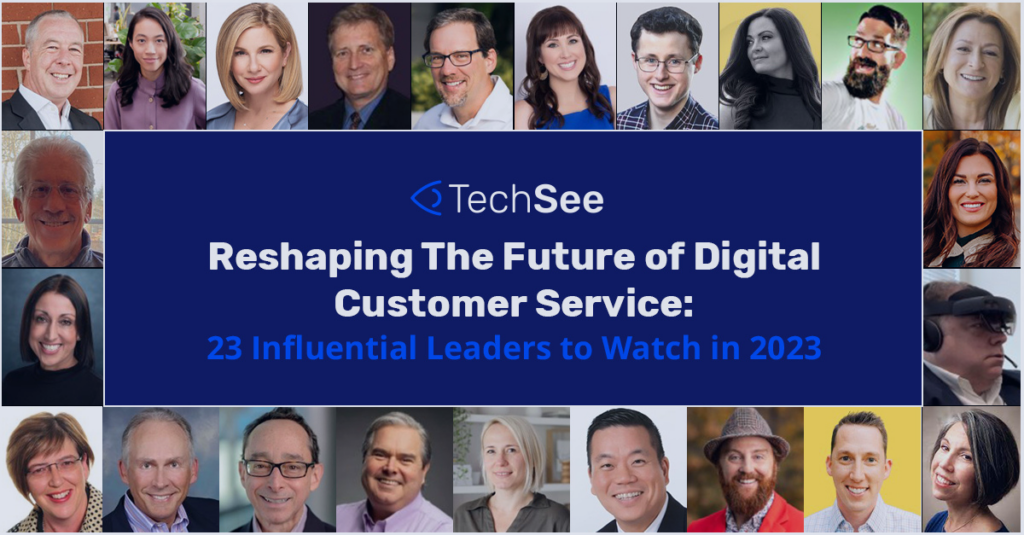Contents
One of the most pressing challenges in today’s service and customer experience (CX) landscape is the Tribal Knowledge Gap—the loss of critical, undocumented knowledge held by experienced team members. This gap is growing due to factors like an aging workforce, increased reliance on contractors, and the mobility of modern labor. The impact on service efficiency, consistency, quality and scalability is profound, especially in industries that depend on field service expertise.
However, Generative AI, particularly Sophie AI’s Cognitive Engine, provides a powerful solution for closing this gap by capturing and scaling tribal knowledge through AI-driven automation.
How the Tribal Knowledge Gap Affects Service and CX
As seasoned employees retire or leave, they often take their accumulated knowledge with them, leaving behind less experienced teams struggling to keep up with complex service demands. This knowledge, acquired over years of hands-on problem-solving, is rarely documented in a way that can be easily transferred. For businesses relying on contractors or flexible workforces, this problem compounds, leading to inefficiencies, inconsistent service, and higher operational costs.
The Power of Generative AI to Close the Tribal Knowledge Gap
Generative AI stands out as the most effective way to bridge this gap because it can ingest, learn, and optimize knowledge from multiple sources, all while continuously updating and improving over time.
Here are a few examples of how Sophie AI’s Cognitive Engine closes the tribal knowledge gap for today’s leading innovators:
- Ingesting Transcripts and Service Records: The Cognitive Engine ingests massive amounts of data from service sessions, customer interactions, product documentation, and existing workflows. This is where Episodic Memory comes into play—capturing specific, real-world service experiences (aka tribal knowledge) for use in AI automation.
- Extracting Knowledge and Best Practices: From these interactions, the Cognitive Engine automatically extracts key insights, optimizing or even creating new service flows and identifying best practices that would otherwise be lost. This process is similar to how Semantic Memory works in the human brain, turning specific examples into generalized knowledge that can be used across teams.
- Optimizing Service Flows: Using Procedural Memory, the AI translates this new knowledge into actionable workflows, improving troubleshooting, product setup, and other service processes. This allows businesses to scale expertise across their teams and Agentic AI solutions, delivering faster, more consistent customer experiences.
Why Generative AI is the Best Solution
Generative AI captures tribal knowledge in real-time, transforming service transcripts and records into scalable AI models that can optimize customer, sales and service experience. This process ensures that AI can autonomously update and refine your knowledge base, evolving with each new service interaction to become smarter and more effective.
By leveraging episodic, semantic, and procedural memory, Sophie AI’s Cognitive Engine is able to transform isolated pieces of tribal knowledge into a structured, adaptive framework. This allows businesses to deliver AI-driven customer service at scale, automating key aspects of troubleshooting and customer support while maintaining the ability to improve and evolve based on live experiences.
Conclusion
The Tribal Knowledge Gap no longer needs to threaten service quality and efficiency. With Sophie AI’s Cognitive Engine, businesses can capture critical expertise, extract best practices, and optimize service flows in real time. This ensures a scalable, dynamic service model that adapts to both human and AI agents.
To see how Sophie AI’s Cognitive Engine can help your organization harness tribal knowledge and close the workforce and skills gap, book your demo today.







